Cradle to Kremlin: how Putin’s childhood casts a shadow
From rats to riches, the Russian president’s extraordinary rise to power may explain his actions in Ukraine
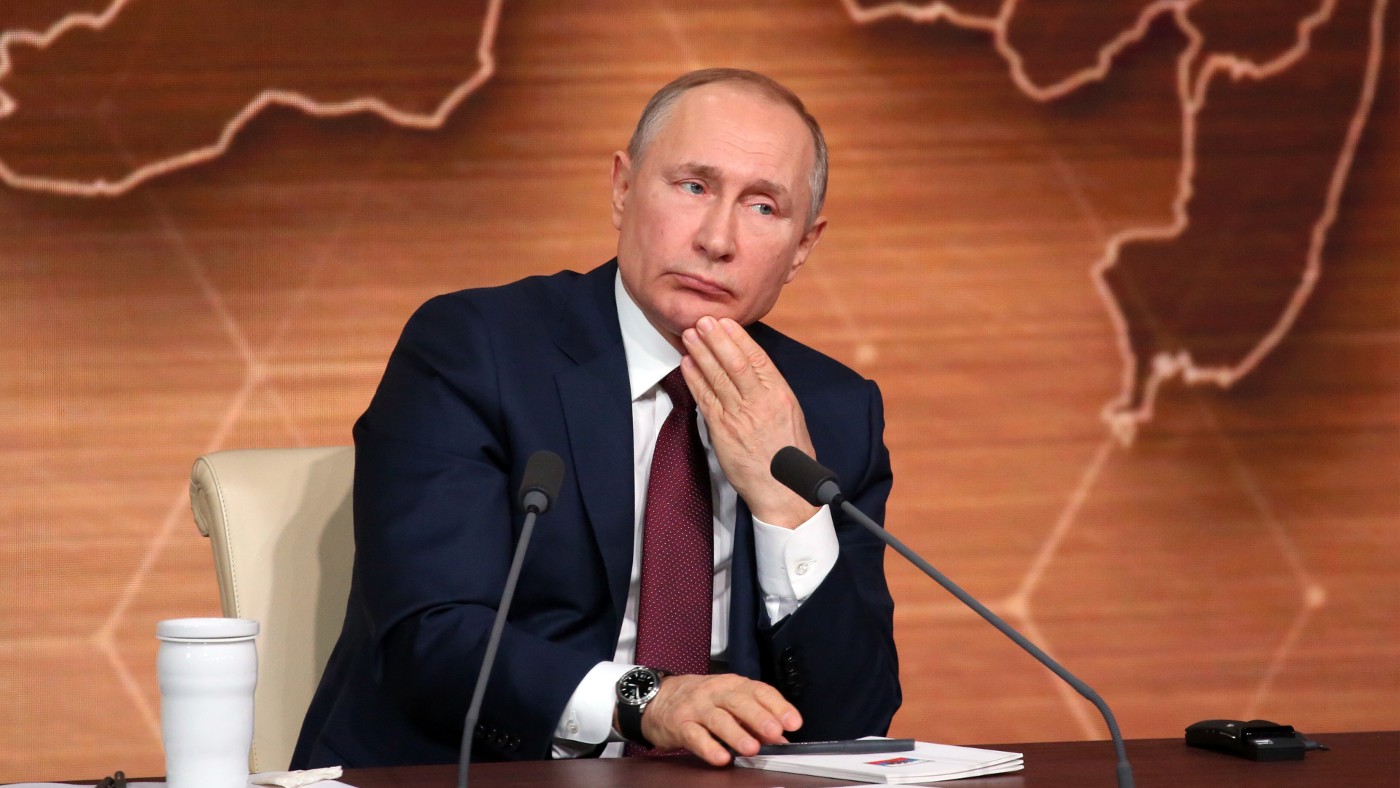
A free daily email with the biggest news stories of the day – and the best features from TheWeek.com
You are now subscribed
Your newsletter sign-up was successful
Ever since Vladimir Putin ordered the invasion of Ukraine in 2022, and with no end to the conflict in sight, many commentators have tried to explain what motivates the Russian president.
Putin has been called a “raging bully”; an “aggressive narcissist” and a “septuagenarian in a hurry to make his name in the history books as the man who saved Russia”, said Katie Strick in the Evening Standard.
But it could be his past, particularly his tough childhood, that provides the greatest understanding of Putin’s present strategy.
The Week
Escape your echo chamber. Get the facts behind the news, plus analysis from multiple perspectives.

Sign up for The Week's Free Newsletters
From our morning news briefing to a weekly Good News Newsletter, get the best of The Week delivered directly to your inbox.
From our morning news briefing to a weekly Good News Newsletter, get the best of The Week delivered directly to your inbox.
“As he himself admits, it was then, in neighborhood brawls, that he learned lessons that he has followed ever since – to take on any and all adversaries, never to retreat, and to fight to the finish,” says William Taubman in The Boston Globe.
‘The miracle baby’
Putin grew up in the ruins of post-war Leningrad – now St Petersburg – a city scarred by a brutal 900-day siege during the Second World War. Putin’s mother, Maria, almost died of starvation while his father was away fighting.
His was a gritty, hungry childhood in a neighbourhood overshadowed by war and infested with vermin. “From the outset it was the survival of the fittest,” wrote Philip Short in The Sunday Times. At the hospital where Maria gave birth, one newborn in 50 died before leaving; a harrowing statistic for a mother who had already lost two baby sons.
Although it was an unsentimental upbringing, Putin’s parents doted on him as their “miracle baby”, said the Daily Mirror, and he was treated as a king, according to author Masha Gessen. This despite his mediocre grades and bad behaviour in class, said ABC News.
A free daily email with the biggest news stories of the day – and the best features from TheWeek.com
He had a wristwatch as a teen – something his dad didn’t have – and when his parents won a car, they gave it to their son, according to the Mirror. “There’s a lot of proof he feels he is chosen now,” said Gessen. The proof could include his sprawling “Putin’s Palace” home, photos of him riding bare-chested on horseback, and his immense personal wealth.
His love for spy novels as a child strengthened his self-belief in his own unique destiny. “Books and programmes about espionage like ‘The Shield and the Sword’ took hold of my imagination,” Putin later explained. “What amazed me most of all was how one man’s effort could achieve what whole armies could not.”
He went on to become a KGB spy, and his romantic notions also help explain his desire to restore Russia’s former glory and rebuild the Russian Empire. “He will always be a KGB man, deep down,” British cartoonist Darryl Cunningham told the Evening Standard. “He still looks back to the old Soviet Union and all the lands and countries that they dominated.”
He was said to be furious when the Soviet Union collapsed, blaming the then Russian president, Mikhail Gorbachev, for being “weak”. It is “a wrong many believe he is still trying to right today”, said Strick in the Standard.
‘No retreat’
He might have been treated as royalty by his parents as a child, but he was small and often picked upon. Despite this, he never shrank from a brawl. His best friend at school recalled to The Boston Globe: “He could get into a fight with anyone… He had no fear… If some hulking guy offended him, he would jump straight at him – scratch him, bite him, pull out clumps of his hair.” He would later earn himself a black belt in judo, and was praised for his dogged work ethic.
One particularly illustrative example is his account of facing down a rat in the building where he lived. “It had nowhere to run,” Putin recalled in his memoir. “Suddenly it lashed around and threw itself at me… Luckily, I was a little faster and I managed to slam the door shut in its nose.” Years later he would reach the conclusion: “No one should be cornered. No one should be put in a situation where they have no way out,” explained Short in The Sunday Times.
In fact, it was his scrapping as a child, rather than his years at the KGB, which shaped him the most, helping him form the view that if a fight is inevitable, you should always throw the first punch. “If something happens,” he insisted, “you should proceed from the fact that there is no retreat.” As late as 2016, Putin was still drawing this same lesson, said Taubman in The Boston Globe, using Israel as an example. “Israel never steps back but fights to the end and that is how it survives,” Putin wrote.
It’s an attitude that also explains his attitude to the US in the ongoing conflict with Ukraine, one that could spell disaster, said Taubman. “Would he dare to use tactical nuclear weapons to bring that about? If Putin won’t quit, who is to say he wouldn’t?”
Felicity Capon is senior editor of The Week Junior, where she oversees the magazine’s international news section. She was the title’s editor for several years, during which she was shortlisted for the BSME Fiona Macpherson Best New Editor award. She also appeared on The Emma Barnett Show on Radio 5 Live, The Sarah Brett Show and the Media Masters podcast. She is a regular contributor to The Week Unwrapped podcast, and has written for The Week, The New Statesman, The Times, The Telegraph and Newsweek.
-
 Bad Bunny’s Super Bowl: A win for unity
Bad Bunny’s Super Bowl: A win for unityFeature The global superstar's halftime show was a celebration for everyone to enjoy
-
 Book reviews: ‘Bonfire of the Murdochs’ and ‘The Typewriter and the Guillotine’
Book reviews: ‘Bonfire of the Murdochs’ and ‘The Typewriter and the Guillotine’Feature New insights into the Murdoch family’s turmoil and a renowned journalist’s time in pre-World War II Paris
-
 Witkoff and Kushner tackle Ukraine, Iran in Geneva
Witkoff and Kushner tackle Ukraine, Iran in GenevaSpeed Read Steve Witkoff and Jared Kushner held negotiations aimed at securing a nuclear deal with Iran and an end to Russia’s war in Ukraine
-
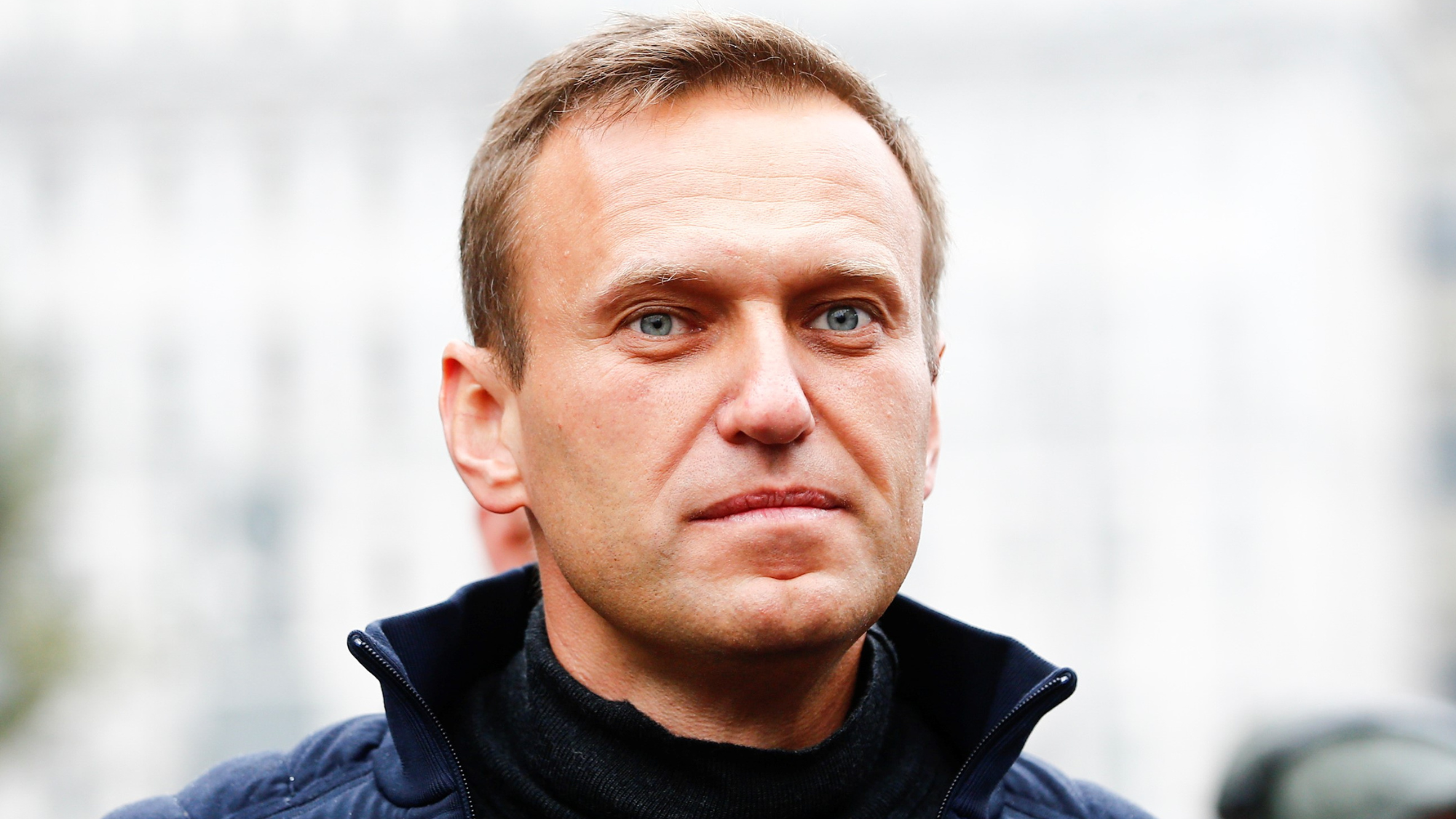 Patriot: Alexei Navalny's memoir is as 'compelling as it is painful'
Patriot: Alexei Navalny's memoir is as 'compelling as it is painful'The Week Recommends The anti-corruption campaigner's harrowing book was published posthumously after his death in a remote Arctic prison
-
 Sarah Rainsford shares the best books to explain Vladimir Putin's Russia
Sarah Rainsford shares the best books to explain Vladimir Putin's RussiaThe Week Recommends The correspondent picks works by Anna Politkovskaya, Catherine Belton and more
-
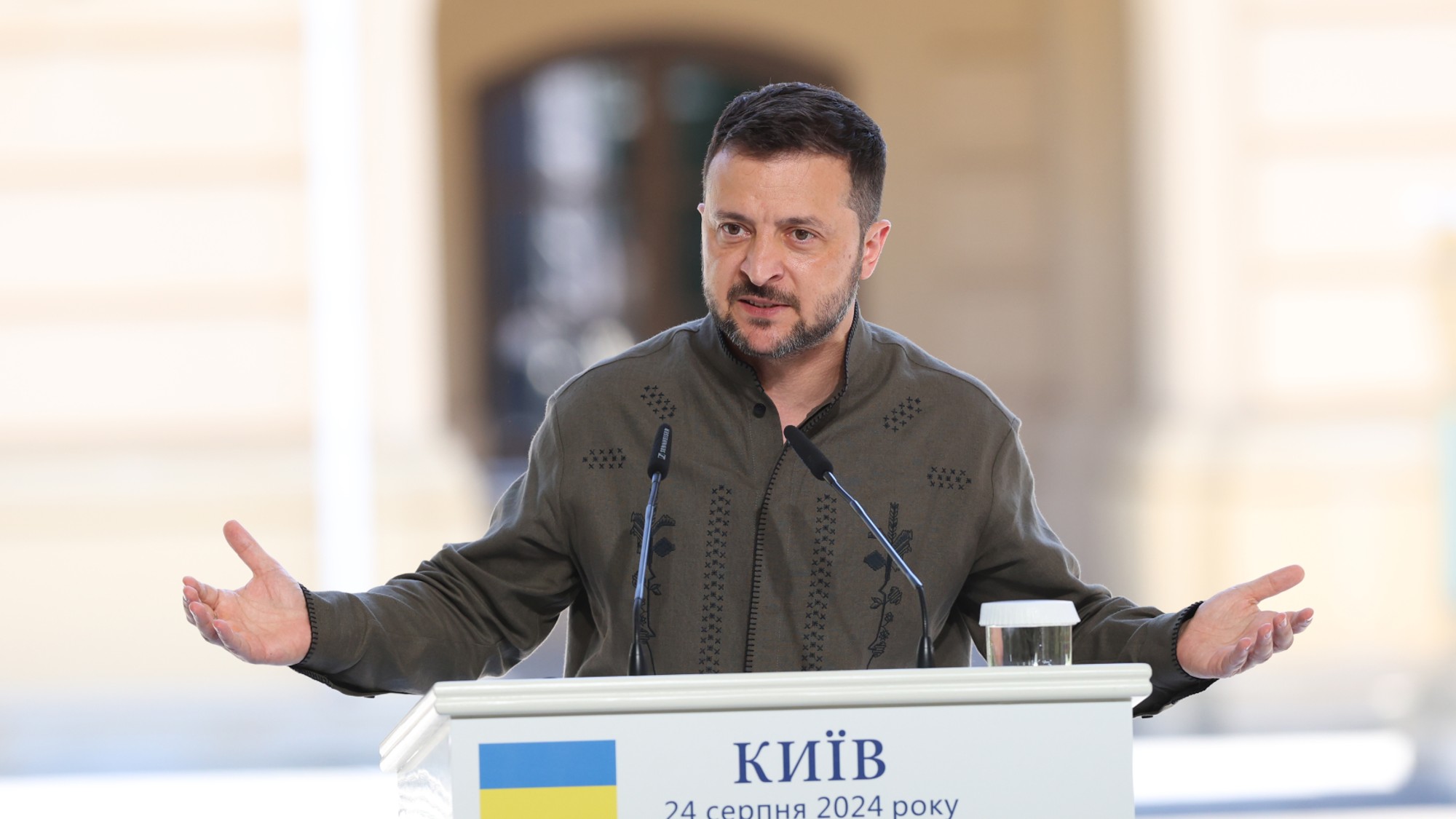 The Zelensky Story: as 'astonishing as it is inspirational'
The Zelensky Story: as 'astonishing as it is inspirational'The Week Recommends BBC Two's three-part documentary features 'genuinely revealing' interviews with the Ukrainian president
-
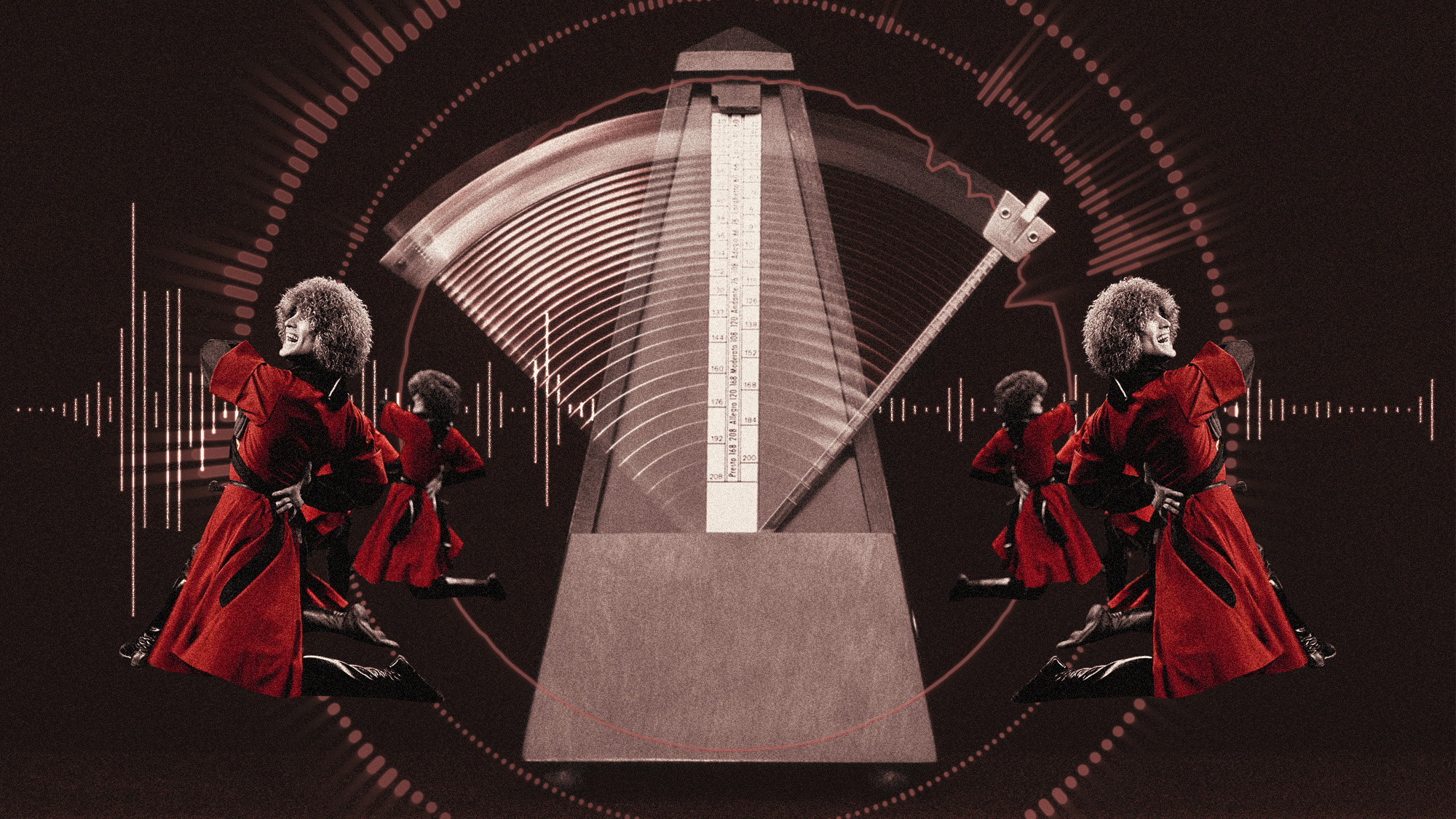 Why Chechnya has banned music that is 'too fast or too slow'
Why Chechnya has banned music that is 'too fast or too slow'Under The Radar Many Western pop songs – and Russian national anthem – fall foul of new rules to protect 'cultural heritage'
-
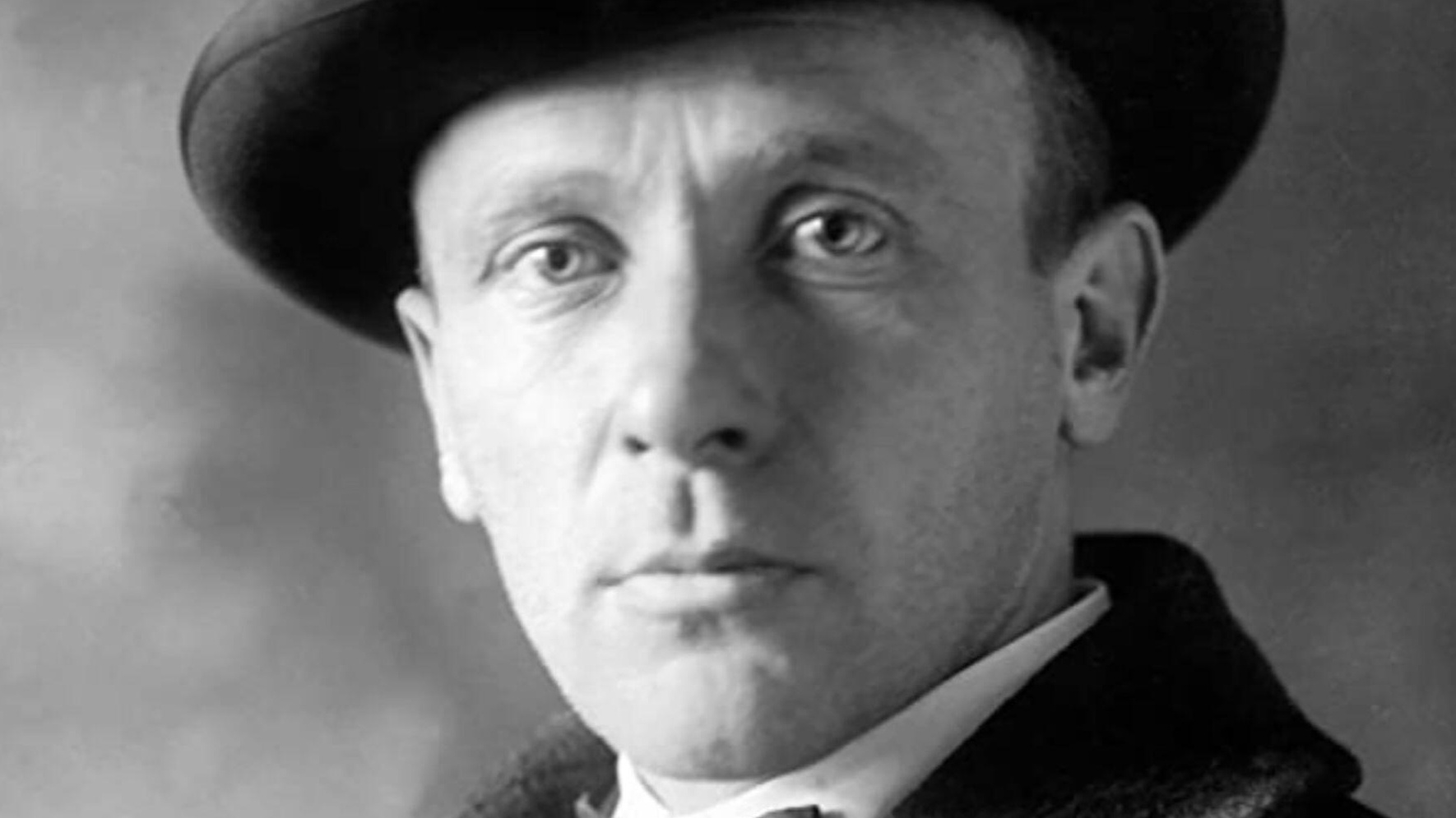 The Master and Margarita: the new adaptation causing consternation at the Kremlin
The Master and Margarita: the new adaptation causing consternation at the KremlinIn the Spotlight Pro-Putin groups have called for the film's director to be charged as a terrorist
-
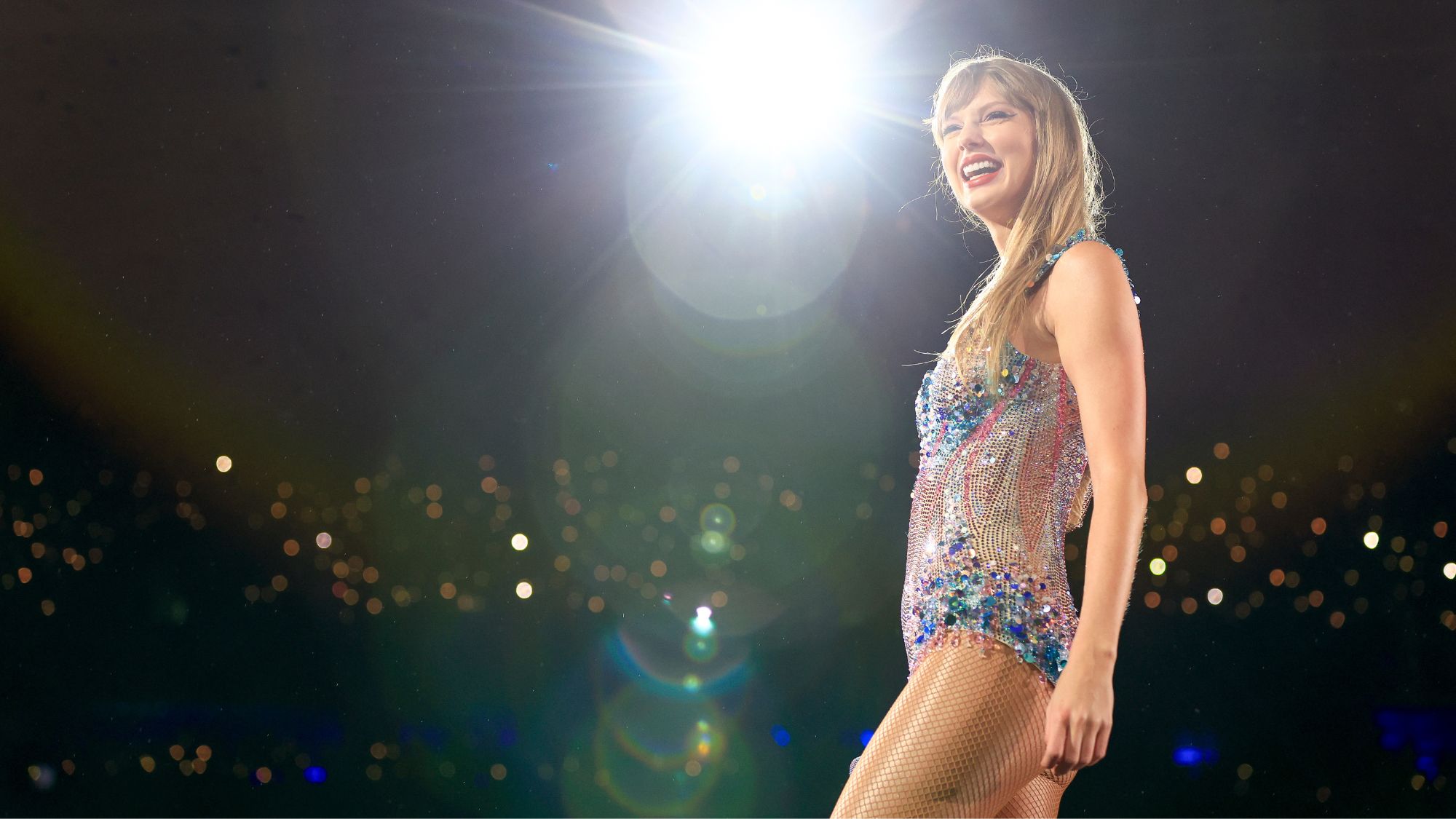 Why Vladimir Putin lost out to Taylor Swift as Time's Person of the Year
Why Vladimir Putin lost out to Taylor Swift as Time's Person of the YearTalking Point Magazine commends the singer for being 'a source of light in a time of darkness'
-
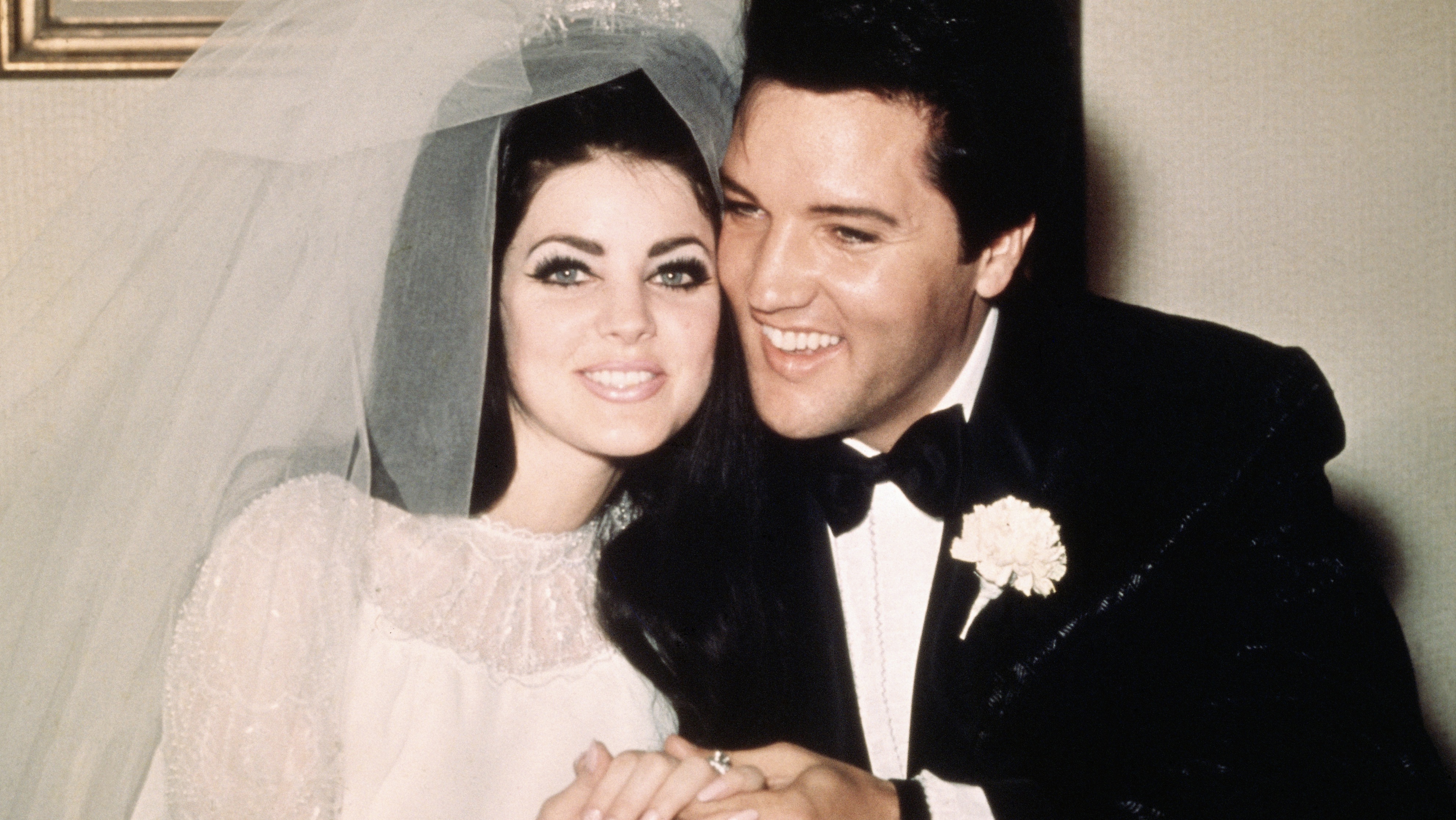 Inside the rocky marriage of Priscilla Presley and Elvis
Inside the rocky marriage of Priscilla Presley and ElvisUnder the Radar Rock and roll legend’s former wife praises Sofia Coppola’s new biopic
-
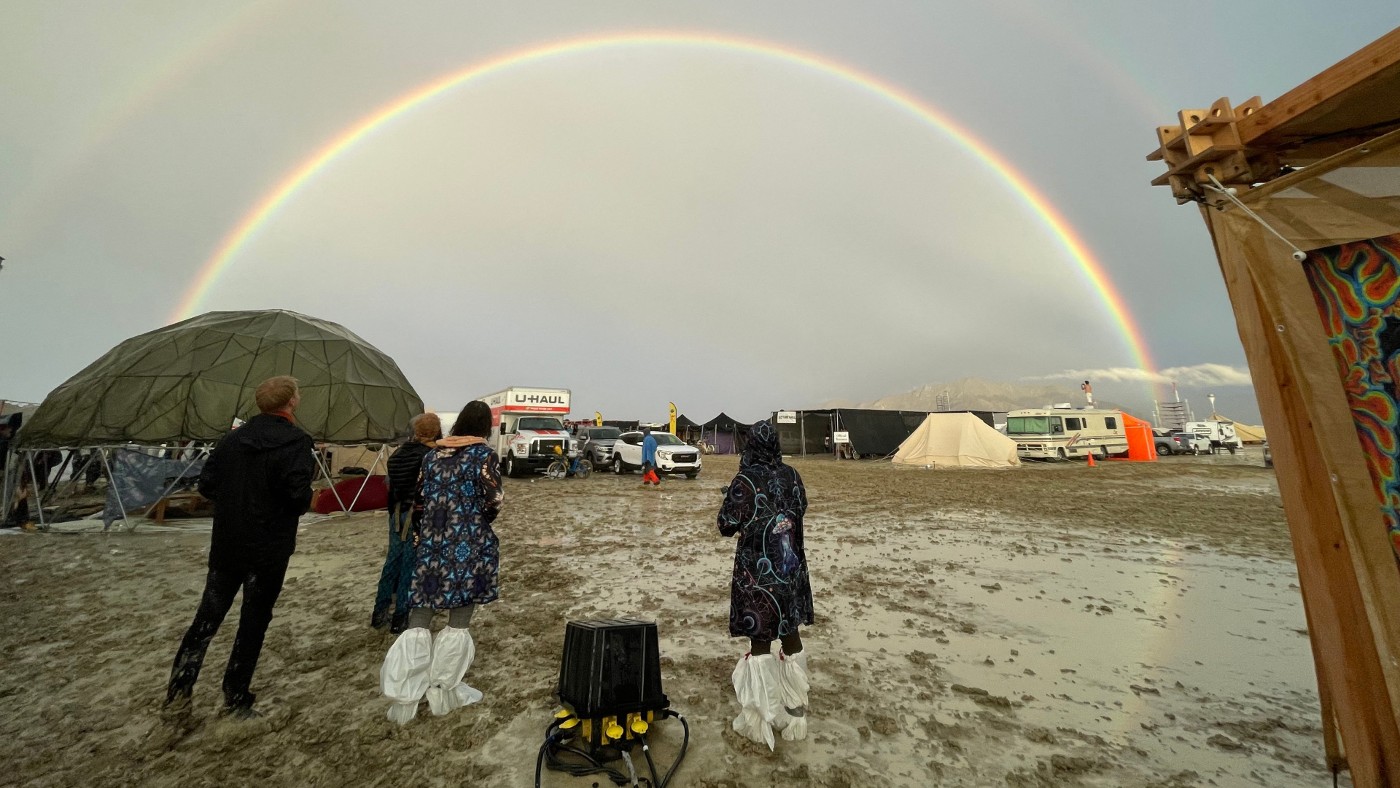 How Burning Man descended into chaos
How Burning Man descended into chaosUnder the Radar Torrential rain leaves thousands of revellers stuck at Nevada festival